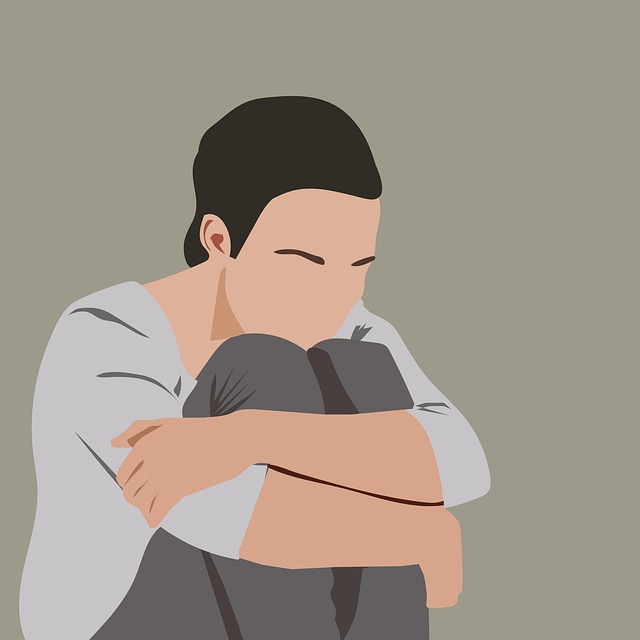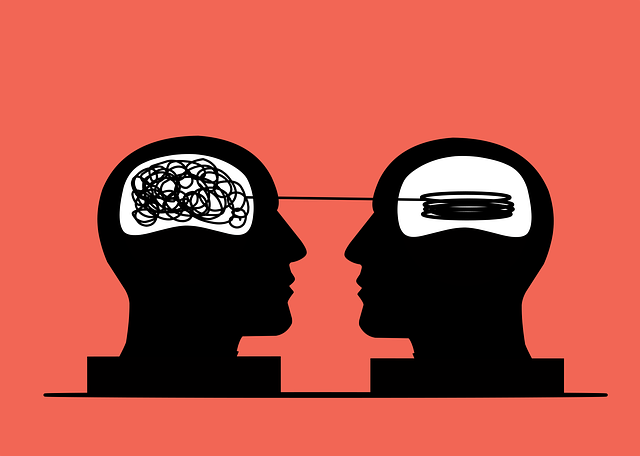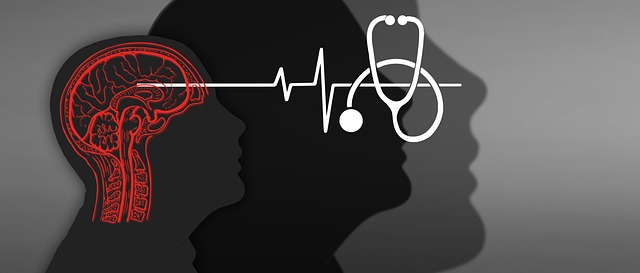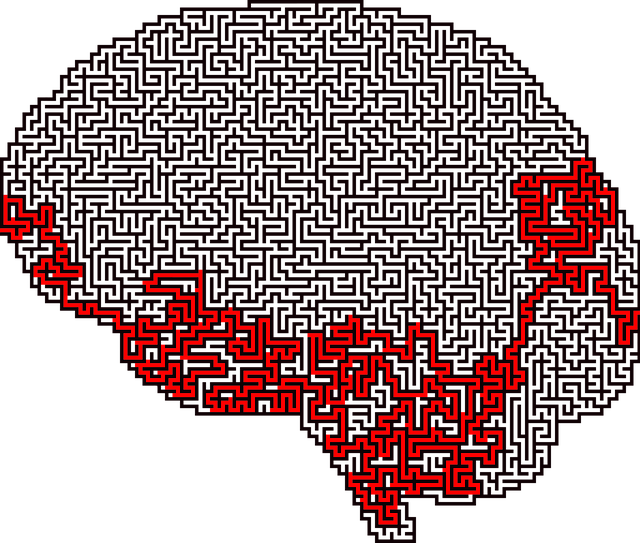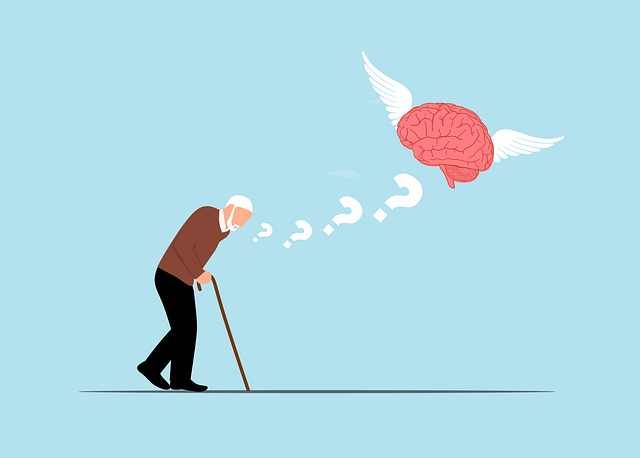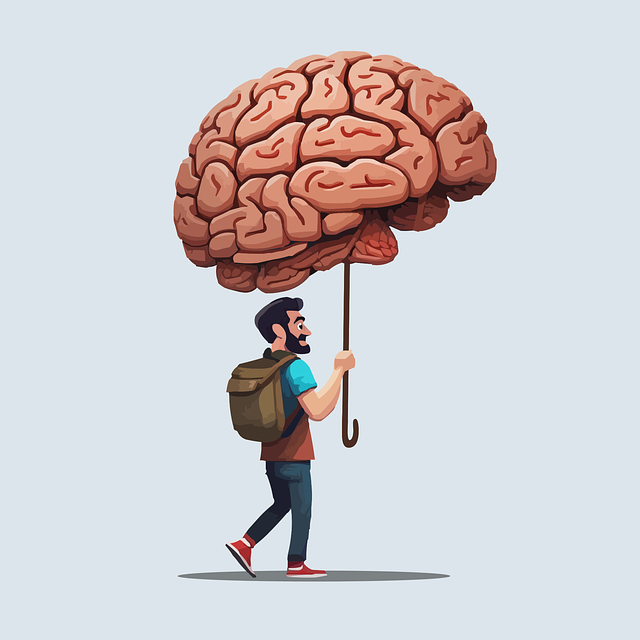Broomfield Adolescent and Teen Therapy focuses on the critical link between social skills and mental health, often overlooked in traditional therapy. They offer specialized programs like Mental Health Education that empower teens to navigate social situations, build confidence, manage emotions, and foster healthy relationships, leading to improved mental health outcomes. Their approach integrates self-care, conflict resolution, and positive thinking exercises, promoting overall well-being and success in various settings. Regular practice and generalization of learned skills ensure long-term progress.
Social skills training is a powerful tool for improving mental health, especially for adolescents and teens. This comprehensive guide explores the vital connection between social competence and well-being, highlighting common challenges faced by young individuals. We delve into evidence-based practices, such as the approach offered by Broomfield Adolescent and Teen Therapy, which focuses on building essential skills. Through practical strategies and real-world examples, this article equips readers with insights to support teens in navigating social situations and fostering long-term mental health success.
- Understanding the Link Between Social Skills and Mental Health
- Identifying Challenges: Common Social Barriers for Adolescents and Teens
- Broomfield Adolescent and Teen Therapy: An Approach to Building Social Competence
- Practical Strategies for Daily Life: Skills Training in Action
- Supporting Long-Term Success: Maintaining Progress and Generalizing Skills
Understanding the Link Between Social Skills and Mental Health

The relationship between social skills and mental health is a crucial aspect often overlooked in traditional therapy settings. At Broomfield Adolescent and Teen Therapy, we recognize that an individual’s ability to interact and connect with others significantly impacts their overall well-being. In many cases, mental health conditions can hinder social interactions, leading to feelings of isolation and further exacerbating existing symptoms. Therefore, understanding this connection is the first step towards effective treatment.
Social skills training is a powerful tool in addressing various mental health concerns. Through carefully designed programs, such as those focusing on Mental Health Education and Community Outreach, individuals learn essential coping skills to navigate social situations more confidently. By participating in group activities and receiving guidance from experts, teenagers can develop the necessary tools to foster healthy relationships, manage emotions in social contexts, and build a supportive network—all of which contribute to improved mental health outcomes.
Identifying Challenges: Common Social Barriers for Adolescents and Teens

Adolescents and teens facing mental health conditions often encounter significant social challenges that can impact their overall well-being. Common barriers include difficulty initiating or maintaining conversations, feeling socially anxious in various settings, and a lack of understanding from peers about their experiences. These issues can stem from conditions such as anxiety disorders, depression, or trauma, which may cause individuals to withdraw from social interactions or struggle to express themselves.
Broomfield Adolescent and Teen Therapy recognizes these challenges and focuses on empowering young people through social skills training. The goal is to help them build confidence in social situations, improve communication, and develop healthy coping mechanisms for managing anxiety relief and emotional healing processes. By integrating self-care practices into their therapy plans, adolescents can learn to navigate social barriers effectively while fostering a sense of belonging and support.
Broomfield Adolescent and Teen Therapy: An Approach to Building Social Competence

Broomfield Adolescent and Teen Therapy offers a specialized approach to enhancing social skills for youth navigating mental health challenges. Their program recognizes that effective communication and interaction are vital components of mental wellness, particularly during adolescence. By focusing on building social competence, this therapy aims to empower teens with the tools needed to manage relationships, resolve conflicts, and foster positive connections.
Through various therapeutic techniques, including conflict resolution strategies and positive thinking exercises, Broomfield Adolescent and Teen Therapy helps individuals develop essential life skills. These methods encourage adolescents to express themselves confidently, understand others’ perspectives, and respond adaptively in social situations. By addressing these aspects, the program promotes overall mental wellness, enabling teens to thrive in their personal and academic environments.
Practical Strategies for Daily Life: Skills Training in Action

Social skills training is a powerful tool for individuals navigating mental health conditions, offering practical strategies to enhance daily interactions and overall well-being. At Broomfield Adolescent and Teen Therapy, our experienced therapists utilize evidence-based techniques to empower teens and young adults with the abilities to succeed in social settings.
Through role-playing scenarios, group discussions, and coping skills development, individuals learn effective communication methods, empathy building strategies, and burnout prevention techniques similar to those explored in Burnout Prevention Strategies for Healthcare Providers. These hands-on activities foster a deeper understanding of themselves and others, helping to mitigate anxiety, depression, and social isolation. By incorporating Empathy Building Strategies into daily interactions, participants cultivate stronger relationships and improve their overall mental health outcomes.
Supporting Long-Term Success: Maintaining Progress and Generalizing Skills

Maintaining progress and generalizing skills are critical components for long-term success in social skills training. After acquiring new techniques and strategies through programs like Broomfield Adolescent and Teen Therapy, it’s essential to put them into practice consistently. This involves incorporating positive thinking and adaptive coping mechanisms into daily routines, ensuring that the learned skills become second nature. Regular practice helps to solidify these behaviors, making them more readily available during challenging situations.
Furthermore, generalizing skills acquired in a therapeutic setting is vital for real-world application. Trauma support services and healthcare provider cultural competency training can play a significant role here. By learning to navigate social interactions with the help of professionals, individuals gain confidence in their abilities to manage emotions and communicate effectively across various settings. This generalization empowers them to apply these skills not just in therapy sessions but also in school, work, and community environments.
Social skills training, as exemplified by the innovative approaches at Broomfield Adolescent and Teen Therapy, plays a pivotal role in enhancing mental health outcomes for young individuals. By addressing common social barriers and providing practical strategies, this type of therapy empowers teens to navigate social situations with greater confidence and competence. Through consistent practice and generalization, the skills learned can lead to lasting improvements in their overall well-being. Implementing these evidence-based techniques is crucial for supporting vulnerable adolescents, fostering healthier relationships, and promoting resilience in a complex world.
